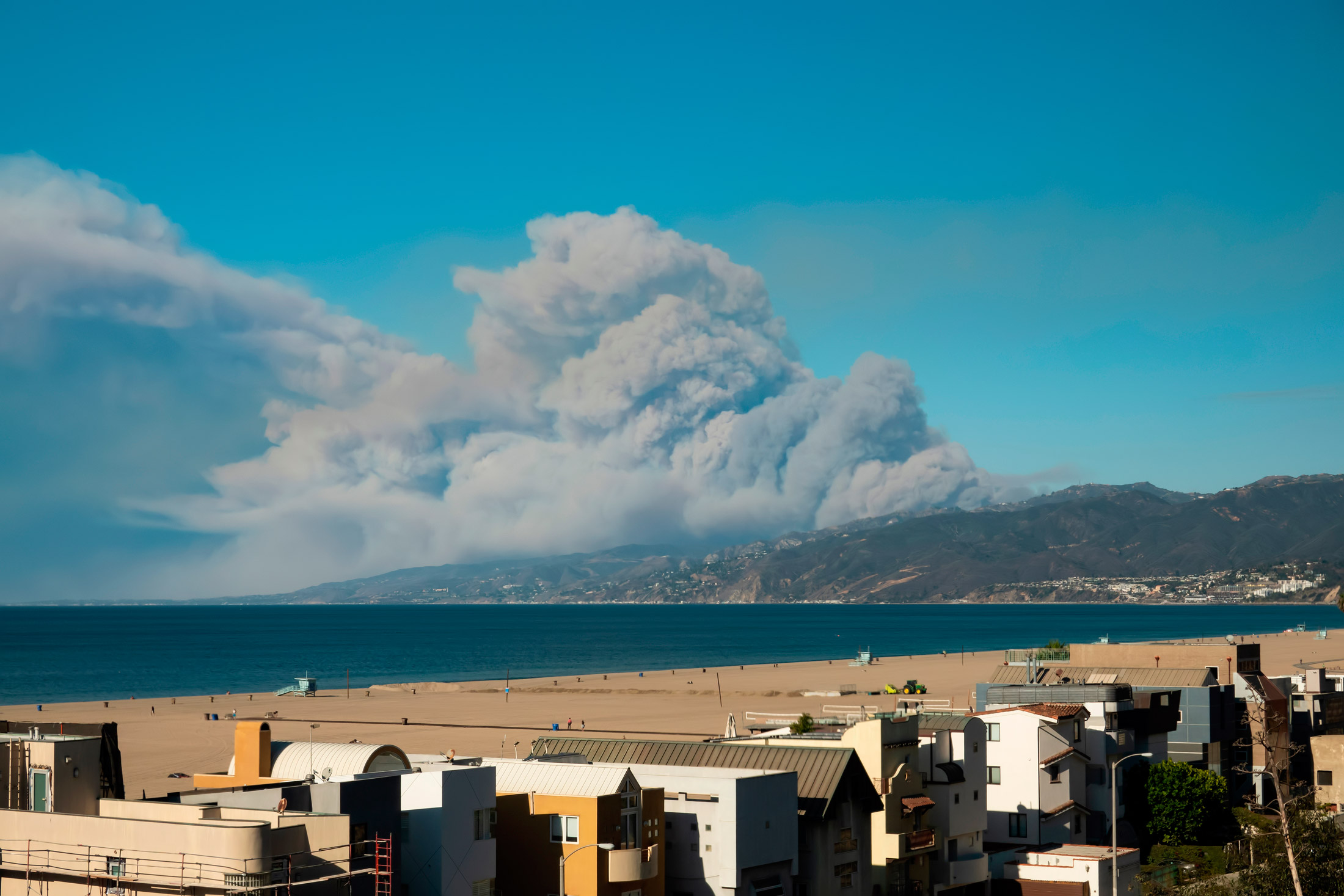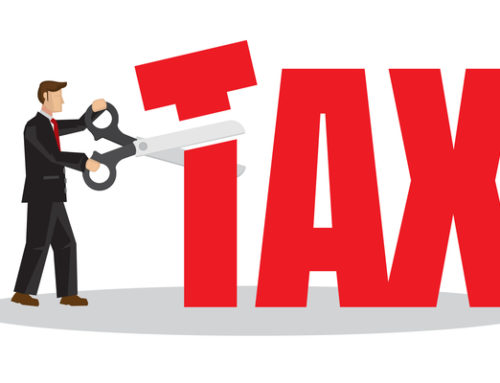In light of the recent wildfires in California we’re reminded of the importance of being prepared for any and all disasters. It has been incredibly difficult for those affected by the fires, which prompted us to put together the following emergency planning suggestions so you are prepared should you find yourselves in a similar situation.
Beneficiary Designation
There are many important documents that require beneficiary designation including a trust, last will and testament and insurance policy. First thing’s first, designate a beneficiary or ensure yours is up to date. Appoint both a contingent and primary beneficiary and double check that the previously chosen person (or people) is still accurate. Once you have that squared away, provide all beneficiaries with copies of any documents for which they are beneficiaries.
Updating Documentation and Policies
Your chosen beneficiary is not the only thing that may require updating. Legal documents such as a will or trust should also be reviewed to ensure they too are up to date. A general rule of thumb for maintaining important legal documents is to review them every three to five years, or more often when certain life milestones are met, there is a change in law or a change in personal circumstances. Don’t forget to provide the executors or contingent trustees with updated copies that reflect the most recent revisions.
Guardianship
For those with children, we understand that one of the toughest topics to broach is guardianship should something happen to you as parents. That being said, however, it is also one of the most important. When choosing a guardian, consider whether that person has adequate time, monetary stability and physical capabilities to care for your child or children. Similar to your will, guardianship is something that should be revisited every few years, especially following major life changes to you or the chosen guardian.
Health Care
A health care directive, otherwise known as a living will, dictates how you would like your healthcare to be managed in the event you are unable to make decisions for yourself. Determining your health care in advance can certainly be daunting, however, careful planning ensures that your wishes will be honored. Take a moment to consider things such as whether you would like a do-not-resuscitate (DNR) order or what you would like to be included in the physicians order for life sustaining treatment (POLST), and who you would like to be your health care agent.
Evacuation To-Do’s
To better prepare for an evacuation, consider putting together an evacuation plan. Begin by writing a detailed list of what you would like to take with you to ensure nothing of value gets forgotten in a moment of panic. A fireproof box or safe for all documents and important photographs is ideal. The six packing P’s to keep in mind are:
- People and pets
- Papers, phone numbers, important documents
- Prescriptions, eyeglasses, medication
- Pictures and irreplaceable items
- Personal computers, tablets, phones
- Plastic (i.e. credit cards) and cash
Further, help ease your post-disaster line of communication by creating a phone chain so you can let everyone know what has happened. With that, include a list of important financial people in your life (financial planner, insurance broker, lawyer, etc.) and their contact information. These are two things that should be kept in your fireproof box. Lastly, appoint someone who will be able to help communicate what has happened. This will be a very emotional time for all involved so having a helping hand will be invaluable.
Our thoughts and wishes are with everyone affected by the recent fires across California. Contact your financial advisor to discuss your emergency plan, before it’s too late.






